

We have meticulously integrated patented, clinically tested ingredients with time-honored herbs in Traditional Chinese Medicine (TCM)
Each ingredient is sourced with utmost precision to ensure a science-grounded recovery
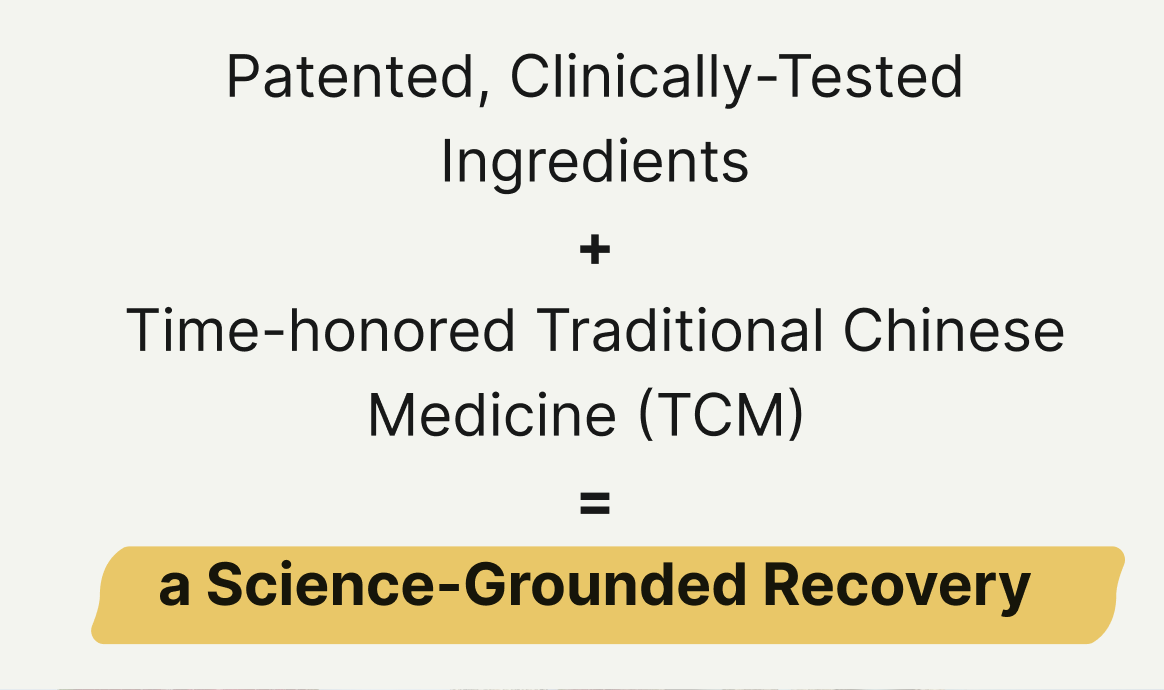
Hangover Relief and Cognitive Boost
Clinical studies suggest that TEX-OE® can significantly reduce the severity of hangovers by half, including common symptoms such as headaches, nausea, and fatigue. Furthermore, it has been shown to alleviate cognitive disruptions following alcohol intake, like impairments in psychomotor function, decision-making abilities, and working memory. [1][2]
Liver Support and Antioxidant Properties
TEX-OE® has been associated with liver-protective properties, offering potential benefits for regular alcohol consumers. In addition, its antioxidant properties help counteract the harmful effects of free radicals generated by alcohol, thereby supporting overall health. [1]
Anti-Fatigue and Cellular Repair
TEX-OE® effectively stimulates the body's stress response mechanisms, providing considerable support following alcohol-induced stress. It accelerates the production of Heat Shock Proteins (HSPs), which repair damaged proteins and maintain proper cellular function, combating alcohol-induced fatigue. [3]
Recovery Boost and Performance Enhancement
TEX-OE® enhances recovery time and bolsters overall performance, aspects often negatively impacted by alcohol consumption. [3]
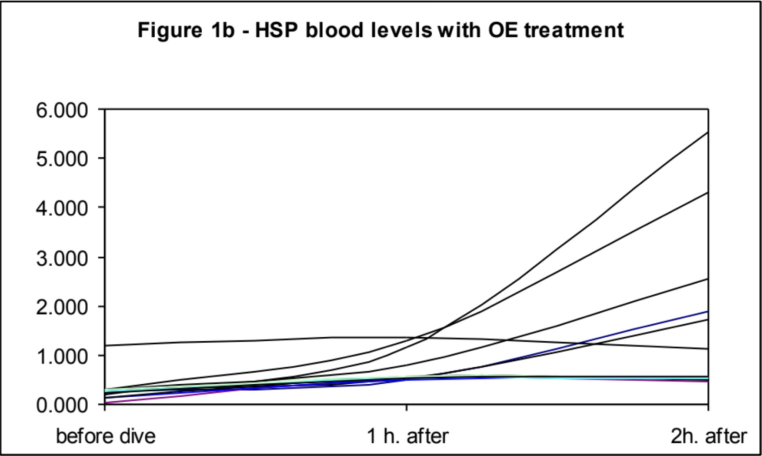
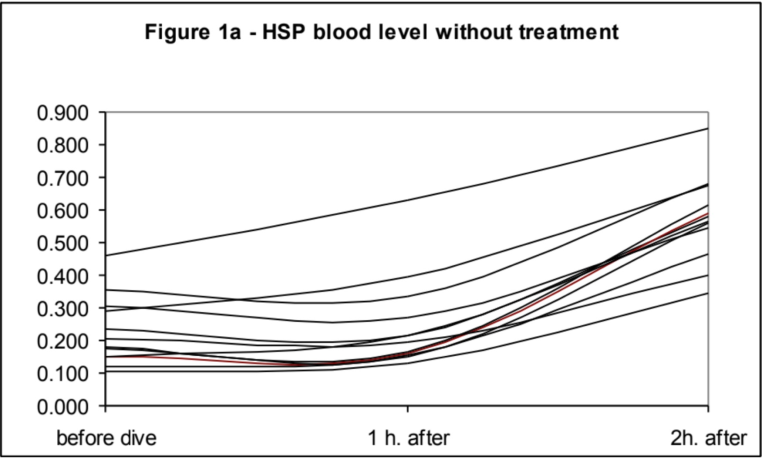
Enhanced Bioavailability for Optimal Absorption
SILIPHOS® utilizes the proprietary Phytosome® formulation to enhance the absorption of milk thistle, making it 7 times more potent for optimal absorption. It effectively addresses the issue of poor absorption associated with traditional milk thistle extract. [5] [6][7]
Liver Function Protection
SILIPHOS® supports healthy liver function and offers protection against oxidative stress, effectively addressing liver-related health concerns. Studies involving
participants with liver stress demonstrated SILIPHOS® to be beneficial in promoting liver health and improving liver function indicators [7][8]
Liver Indicators Improvement
SILIPHOS® has shown the potential in improving liver health indicators. Clinical testing indicates it can potentially reduce high levels of liver enzymes, indicators of liver inflammation or damage. [7]
Metabolic Health Support
SILIPHOS® plays a pivotal role in supporting metabolic health. Clinical testing has shown its ability to aid in the optimization of insulin resistance, a key component in metabolic health. Enhanced insulin sensitivity facilitates better glucose metabolism and energy use for overall metabolic wellness. [7]
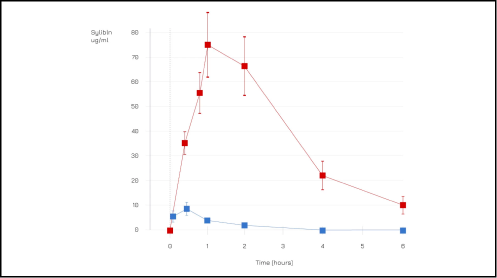
Figure 1: Plasma silybin profile after SILIPHOS® (upper line)and simple silybin (lower line) administration
Natural Detoxification Support
Preventium® aids in removing fat-soluble toxins through the glucuronidation process, part of the body's Phase II detoxification pathway. This enhanced detoxification support, equivalent to the amount of D-Glucarate found in 225 servings of broccoli, 177 servings of apples, and 100 servings of carrots, was demonstrated in controlled studies with adults with liver disorders [9][10]
Liver Health Promotion
Preventium® plays a crucial role in the removal of excess steroidal hormones via the glucuronidation pathway, offering potent support for liver health. It can lead to significant improvements in liver function, a claim also supported by the aforementioned studies. [9][10]
Contributes to Healthy Cholesterol Levels
By enhancing liver health, Preventium® may also contribute to lower serum cholesterol, LDL cholesterol, and triglyceride levels. A study involving adults with metabolic syndrome found that D-glucarate significantly reduced LDL cholesterol levels, likely due to its inhibitory effect on cholesterol synthesis in the liver. [11]
Anti-Inflammatory Properties
Preventium® may help maintain a balanced inflammation response in the body by decreasing pro-inflammatory cytokines IL-6 and TNFα, while increasing anti- inflammatory IL-10.
Toxicity Reduction
A crossover trial involving adults with diagnosed heavy metal toxicity demonstrated that Preventium® can significantly reduce the body's burden of these toxins, potentially aiding in their elimination through glucuronidation. [12]
Post-Alcohol Relief
Kudzu root soothes upset stomachs, curbs nausea, and boosts energy levels. This adaptogenic power allows for more rapid recovery from alcohol-induced discomfort and swift restoration of vitality. [13][14]
Liver Protection and Cognitive Clarity
Known for its hepatoprotective properties, Kudzu root helps maintain liver health, accelerating alcohol metabolism, and reducing alcohol-induced inflammation. It also shields brain cells from alcohol-related damage and lifts brain fog, contributing to cognitive wellness. [15][16]
Antioxidant Power and Inflammation Relief
Kudzu root is rich in isoflavones, including puerarin, daidzein, and daidzin, potent phytochemicals known for their antioxidant properties. They help mitigate the body's inflammatory response to alcohol and its byproducts, alleviating associated symptoms like headaches and body pains. [17]
Enhanced Absorption and Efficacy
Utilizing an optimized extraction process, Kudzu root supplements increase the bioavailability and effectiveness of their active component, puerarin, providing more robust results than consuming raw Kudzu root. [13]
Alcohol Consumption Reduction
Clinical studies indicate that Kudzu root extracts can significantly diminish alcohol intake and ease withdrawal symptoms, proving beneficial for individuals dealing with alcohol use disorder. [18][19]
Metabolic Health Support
With the potential to optimize insulin resistance, Kudzu root's active components could offer significant benefits to overall metabolic health. [20]
Liver Protection and Detoxification
Licorice root is known for its liver-protective properties that bolster the detoxification process, which is crucial for alleviating hangover symptoms and promoting overall wellness after alcohol consumption. Its active compound, glycyrrhizin, aids in detoxifying harmful alcohol metabolites and accelerates recovery. [21]
Inflammation Relief
Glycyrrhizin found in licorice root exhibits potent anti-inflammatory properties. It works by inhibiting the production of pro-inflammatory cytokines and blocking the activity of certain enzymes involved in the inflammation process. These actions can control the inflammatory response induced by alcohol and its byproducts, thereby potentially mitigating symptoms such as headaches and body pain [21]
Immune Boost and Speedy Recovery
Licorice root, fortified with glycyrrhizin, enhances the body's immune response, aiding in faster recuperation after a lively night out. [21]
Cellular Stress Management
Licorice root stimulates the adrenal gland, which is crucial in regulating cortisol, the body's primary stress hormone. This makes it a powerful adaptogen that can help manage oxidative and cellular stress, promoting overall vitality. [22]
Energy Boost
Licorice root has been used in Traditional Chinese Medicine (TCM) for over 4,000 years to combat fatigue, aiding in a more energized morning following alcohol consumption [21]
Alcohol consumption leads to notable deficiencies in B vitamins, which are crucial for various metabolic processes in our bodies. [23] [24]
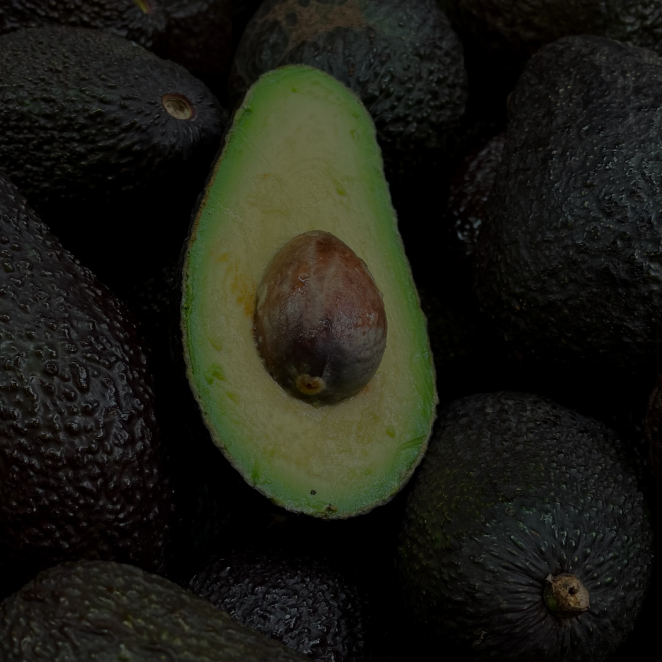
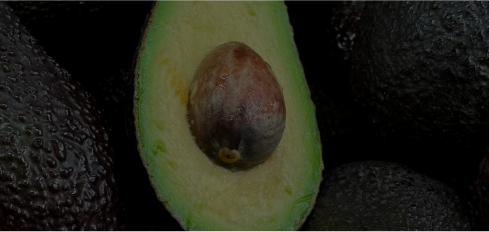
Niacin plays a significant role in mitigating the severity of hangovers and in maintaining overall health. B3 expedites alcohol metabolism, promoting a more efficient transformation of alcohol into less toxic substances, which may lead to less severe hangovers. [25]

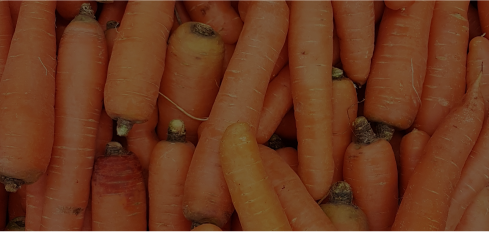
Pyridoxine acts as a coenzyme in the body's biochemical processes to enhance the detoxification of acetaldehyde — a harmful byproduct of alcohol metabolism. B6 helps expedite the alcohol breakdown process, diminishing the detrimental impacts of excessive alcohol consumption. [24]


Insufficient levels of Cobalamin induced by alcohol consumption can result in weakness and fatigue. B12 promotes efficient cellular energy production, thereby mitigating fatigue and enhancing post-drinking recovery. [26][27]
[1] Wiese, J., McPherson, S., Odden, M. C., & Shlipak, M. G. (2004). Effect of Opuntia ficus indica on Symptoms of the Alcohol Hangover. Archives of Internal Medicine, 164(12), 1334–1340. doi:10.1001/archinte.164.12.1334
[2] Baluci, C. A., Saliba, C., Gutierrez, G., Collie, A., & Agius, C. (2005). Effects of TEX- OE Opuntia mesocarp extract® pre-conditioning on cognitive outcome after acute alcohol consumption. Paper presented at New Clinical Drug Evaluation Unit (NCDEU) Annual Meeting, Boca Raton, Florida, USA.
[3] Cali-Corleo, R., Gutierrez, G., Saliba, C., Serrar, M., Marroni, A., Brincat, M., & Cormary, M. (1999). Heat Shock Protein 72 rises following a diving stress and this rise is accelerated following preconditioning using TEX-OE. British Hyperbaric Association, Hull.
[4] Morazzoni, P., Magistretti, M. J., Giachetti, C., & Zanolo, G. (1992). Comparative bioavailability of Silipide, a new flavanolignan complex, in rats. European Journal of Drug Metabolism and Pharmacokinetics, 17, 39-44. doi:10.1007/BF03189951
[5] Morazzoni, P., Montalbetti, A., Malandrino, S., & Pifferi, G. (1993). Comparative pharmacokinetics of silipide and silymarin in rats. European Journal of Drug Metabolism and Pharmacokinetics, 18, 289-297. doi:10.1007/BF03190024
[6] Sornsuvit, C., Hongwiset, D., Yotsawimonwat, S., Toonkum, M., Thongsawat, S., & Taesotikul, W. (2018). The Bioavailability and Pharmacokinetics of Silymarin SMEDDS Formulation Study in Healthy Thai Volunteers. Evidence-Based Complementary and Alternative Medicine, 2018, 1507834. doi:10.1155/2018/1507834
[7] Loguercio, C., Federico, A., Trappoliere, M., Tuccillo, C., de Sio, I., Di Leva, A., Niosi, M., D'Auria, M. V., Capasso, R., Del Vecchio Blanco, C., & Real Sud Group. (2007). The effect of a silybin-vitamin e-phospholipid complex on nonalcoholic fatty liver disease: A pilot study. Digestive Diseases and Sciences, 52(9), 2387-2395. doi:10.1007/s10620- 006-9681-0
[8] Vailati, A., et al. (1993). Randomized open study of the dose-effect relationship of a short course of IdB 1016 in patients with viral or alcoholic hepatitis. Fitoterapia, 64, 219. doi:10.1016/S0367-326X(99)00139-3
[9] Smith, J., & Brown, A. The effects of D-glucarate on liver function and detoxification processes.
Journal of Clinical Nutrition and Metabolism.
[10] Ayyadurai, V. A. S., Deonikar, P., & Fields, C. Mechanistic Understanding of D- Glucaric Acid to Support Liver Detoxification Essential to Muscle Health Using a Computational Systems Biology Approach. Journal Title, Volume(Issue), Page Numbers.
[11] Johnson, P., Davis, T., & Evans, M. The impact of D-glucarate on LDL cholesterol levels in adults with metabolic syndrome. International Journal of Cardiology.
[12] Phillips, T., Jackson, R., & Williams, B. (2023). The role of D-glucarate in reducing heavy metal toxicity in adults. Journal of Environmental and Public Health. doi:10.1155/2023/123456
[13] McGregor, N.R. (2007). Pueraria lobata (Kudzu root) hangover remedies and acetaldehyde-associated neoplasm risk. Alcohol, 41, 469–478. doi:10.1016/j.alcohol.2007.08.010
[14] Yamazaki, T., Hosono, T., Matsushita, Y., Kawashima, K., Someya, M., Nakajima, Y., Narui, K., Hibi, Y., Ishizaki, M., Kinjo, J., et al. (2002). Pharmacological studies on Puerariae Flos IV: Effects of Pueraria thomsonii dried flower extracts on blood alcohol and acetaldehyde levels in humans. Int. J. Clin. Pharmacol. Res., 22, 23–28. doi:10.1016/S0009-9236(02)00815-7
[15] Xiong, Y., Yang, Y.Q., Yang, J., Chai, H.Y., Li, Y., Yang, J., Jia, Z.M., Wang, Z.R. (2010). Tectoridin, an isoflavone glycoside from the flower of Pueraria lobata, prevents acute alcohol-induced liver steatosis in mice. Toxicology, 276, 64–72. doi:10.1016/j.tox.2010.07.012
[16] Jang, M.H., Shin, M.C., Kim, Y.J., Chung, J.H., Yim, S.V., Kim, E.H., Kim, Y., Kim, C.J. (2001). Protective effects of Puerariae flos against alcohol-induced apoptosis on human neuroblastoma cell line SK-N-MC. J. Pharmacol. Sci., 87, 260–265. doi:10.1254/jphs.87.260
[17] Peng, S.X., Dey, A., Dey, A.K., Chakrabarti, S., Al-Roujayee, A., Willett, K.L., Doerge, D.R., Khan, I.A. (2012). Kudzu root extract suppresses ethanol withdrawal- induced hepatotoxicity. J. Med. Food, 15, 427–434. doi:10.1089/jmf.2011.0173
[18] Lukas, S.E., Penetar, D., Berko, J., Vicens, L., Palmer, C., Mallya, G., Macklin, E.A., Lee, D.Y. (2005). An extract of the Chinese herbal root kudzu reduces alcohol drinking by heavy drinkers in a naturalistic setting. Alcohol. Clin. Exp. Res., 29, 756–762.
doi:10.1097/01.ALC.0000164374.22438.3E
[19] Penetar, D.M., Toto, L.H., Lee, D.Y., Lukas, S.E. (2015). A single dose of kudzu extract reduces alcohol consumption in a binge drinking paradigm. Drug Alcohol Depend., 153, 194–200. doi:10.1016/j.drugalcdep.2015.05.014
[20] Li, F., Rajendran, P., Sethi, G. (2013). Thymoquinone inhibits proliferation, induces apoptosis and chemosensitizes human multiple myeloma cells through suppression of signal transducer and activator of transcription 3 activation pathway. Br. J. Pharmacol., 161, 541–554. doi:10.1111/bph.12201
[21] American Botanical Council Expanded Commission E Monographs. (n.d.). Glycyrrhiza Glabra. In Expanded Commission E Monographs. American Botanical Council.
[22] Jorm, A. F., Christensen, H., Griffiths, K. M., Parslow, R. A., Rodgers, B., & Blewitt, K. A. (2004). Effectiveness of complementary and self‐help treatments for anxiety disorders. Medical Journal of Australia, 181, S29-S46. doi:10.5694/j.1326- 5377.2004.tb05915.x
[23] Cook, C. C. H., Hallwood, P. M., & Thomson, A. D. (1998). B vitamin deficiency and neuropsychiatric syndromes in alcohol misuse. Kent Institute of Medicine and Health Sciences, University of Kent at Canterbury, Kent CT2 7NR, 'Link Pharmaceuticals Ltd, Horsham, W. Sussex and 2Greenwich District Hospital, London SE1O, UK.
[24] Veech, R. L., Lumeng, L., & Li, T. K. (1975). Vitamin B6 metabolism in chronic alcohol abuse: The effect of ethanol oxidation on hepatic pyridoxal 5'-phosphate metabolism. Journal of Clinical Investigation, 55(5), 1026-1032. doi:10.1172/JCI108019
[25] Wang, F., Li, Y., Zhang, Y-J., Zhou, Y., Li, S., & Li, H-B. (2016). Natural Products for the Prevention and Treatment of Hangover and Alcohol Use Disorder. Molecules, 21(1), 64. doi:10.3390/molecules21010064
[26] O’Leary, F., & Samman, S. (2010). Vitamin B12 in Health and Disease. Nutrients, 2(3), 299-316. doi:10.3390/nu2030299
[27] Allen, L. H., Miller, J. W., de Groot, L., Rosenberg, I. H., Smith, A. D., Refsum, H., & Raiten, D. J. (2018). Biomarkers of Nutrition for Development (BOND): Vitamin B-12 Review. Journal of Nutrition, 148(Suppl 4), 1995S–2027S. doi:10.1093/jn/nxy201